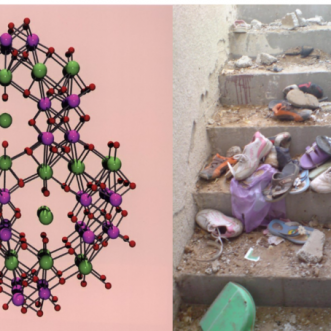
Missing the point
The process is closely tracked:
![]()
But for some reason its purpose fails and the parcel never makes it past my front door.
Even though I was on the other side of it waiting for delivery.
There was no knock. Only the faint rustle of a blank ‘no delivery’ card pushed through the letterbox. By the time I got there the van, and my parcel, had gone.
Later that evening my husband and I walked the mile and a half to the collection point to pick it up, because it was too heavy for me to carry on my own. That was, in part, why I’d had it delivered.
This seems to be a growing feature of our modern lives. Every low-paid, precarious service job is surveilled and tracked to within an inch of its life, and at the same time compressed into an ever shorter timeframe, until the point becomes to satisfy the tracking system – even if that means dissatisfying the customer.
This misses the point, big time. The purpose of process is to support human beings to be better humans. To remove the need to remember the things we’re good at forgetting, so we can concentrate on doing the things we’re good at doing – like focussing on the customer as another human being. But of course, that can only happen by acknowledging that the delivery person is a human being too, not a poor substitute for a robot, who you don’t know, don’t care about, don’t think is worth decent pay, and who therefore won’t be in the job long, so can’t be trusted to do the job properly.
So in the race to the bottom, what we end up with is process as a means to consistently and efficiently deliver bad service.
We really have missed the point haven’t we?








